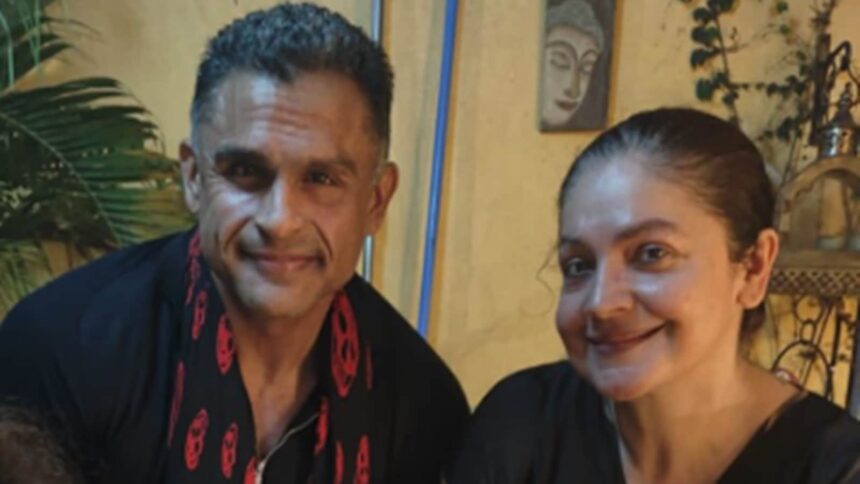Rahul Bhatt, son of filmmaker Mahesh Bhatt and brother to actor-filmmaker , has made headlines once again — this time for openly admitting to resorting to violence in defense of his sister. In a recent conversation with , Rahul didn’t hold back. “I was always the kind of person who wouldn’t spare anybody who messed with my sister. I’m well-behaved with well-behaved people, but I could be a horror to the wrong kind of people,” he said.
Referring to a past incident — allegedly connected to actor Ranvir Shorey — Rahul declared, “I did, and I will do it again. I’m not afraid of anybody. If anybody hits my sister, no law and order can stop me. Only God can save them. I’m still like that, and my core personality hasn’t changed.”
For the unversed, Ranvir Shorey and Pooja Bhatt were dating each other in the early 2000s. However, the couple split after Pooja accused him of . Recalling how Rahul harmed him after that, Ranvir told interviewer Siddharth Kannan in an earlier interview, “Her brother was the one who assaulted me. He (Mahesh Bhatt) could have told these guys not to talk like that…. In that sense, I felt he was manipulative towards me. These are all 25-year-old stories, and I don’t want to get into them now.”
Counselling psychologist Athul Raj tells , “At the root of justifying violence as protection is a deep, often unspoken fear of helplessness. or threatened, there’s an overwhelming urge to reclaim control–to do something, anything, that makes you feel less powerless.”
But that instinct is rarely just about the moment, he adds, mentioning that it’s tied to old scripts– cultural, familial, personal–that tell us protection equals force, that love must be fierce to be real. “It’s not just a male narrative, though it’s often framed that way. Many of us were raised to believe that defending someone means showing strength, and strength has been confused with aggression.”
Raj asserts, “Sometimes, the strongest thing you can do is nothing. Not out of fear, but out of clarity. Not because you’re weak, but because you understand that violence isn’t always protection. Sometimes, restraint is.”
The first step is curiosity. Instead of judging the anger or trying to push it down, ask: What is this really about? Am I feeling disrespected? Unsafe? Out of control? Beneath aggression, there’s almost always fear–fear of being hurt, dismissed, or powerless, notes the expert.
Raj further states, “Emotional regulation starts with awareness. You can’t control what you don’t notice. That moment right before you snap–the tension in your chest, the heat in your face–is the space where change begins. It’s not about being emotionless. It’s about learning to sit with the emotion without being consumed by it.”





![[WATCH] IPL 2025: Mitchell Marsh swats Arshad Khan delivery over covers for a maximum](https://eflip.in/wp-content/uploads/2025/05/1747928219709_mitchell-marsh-150x150.jpeg)


